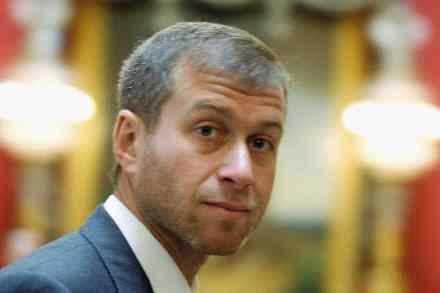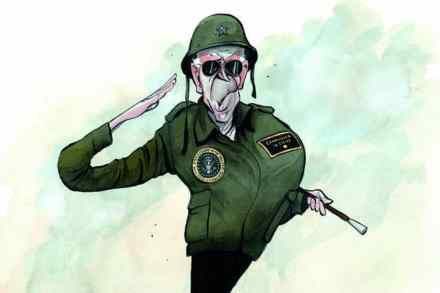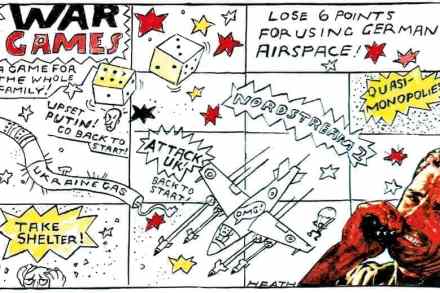Biden’s war: does he know what he’s doing?
Anyone could see that Joe Biden veered off-script during his big speech in Poland. ‘For God’s sake, this man cannot remain in power,’ he said of Vladimir Putin, which sounded a lot like a cry for regime change. Luckily for him, though, and perhaps for world peace, Leon Panetta, a former secretary of defence under Barack Obama, was on hand to explain the comment away: ‘I happen to think that Joe Biden – you know, he’s Irish – really has a great deal of compassion when he sees that people are suffering.’ To be sure, to be sure. Still, even if Biden’s threat to Putin can be wholly attributed to




















